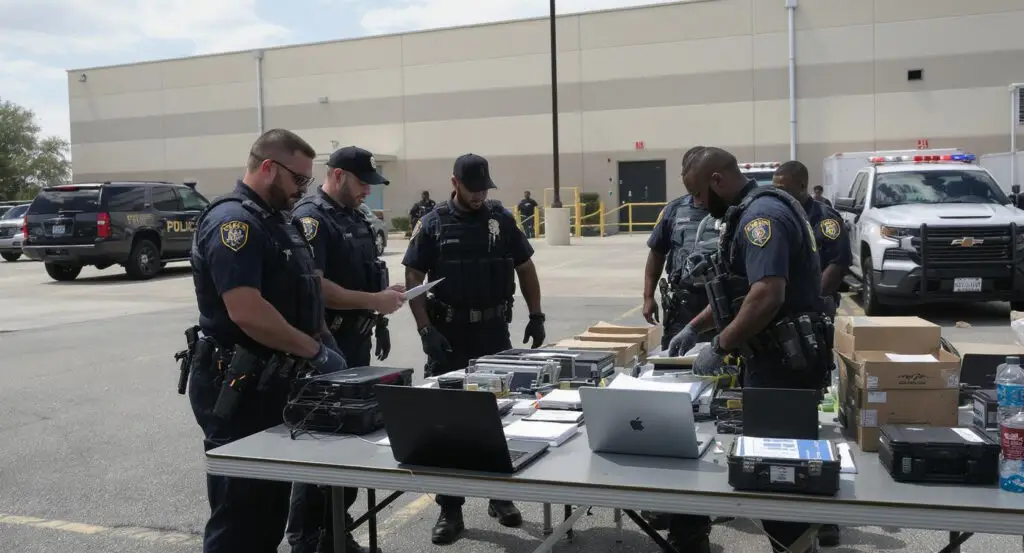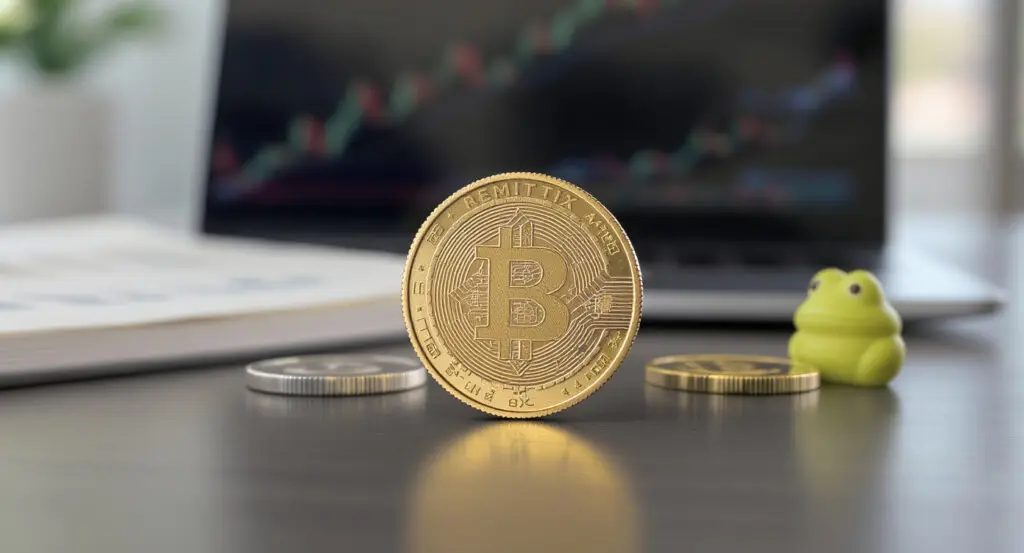U.S. drug enforcement agents have dealt a significant blow to Mexico’s notorious Sinaloa cartel, seizing over $10 million in cryptocurrency during nationwide operations. These raids, conducted by the Drug Enforcement Administration (DEA) in coordination with its FBI partners, also netted massive quantities of fentanyl, methamphetamine, and other illicit drugs, highlighting the increasing use of digital assets by criminal organizations.
Crypto Haul in Miami and Nationwide Drug Seizures
The $10 million cryptocurrency seizure occurred in Miami, Florida, as part of broader operations that have been ongoing since January 2025. This coordinated effort has yielded impressive results across the country, including the confiscation of 44 million fentanyl pills, 4,500 pounds of fentanyl powder, and nearly 65,000 pounds of methamphetamine.
The Justice Department confirmed that the seized cryptocurrency was “directly linked to the Sinaloa cartel,” which President Donald Trump has designated as one of six Mexican drug trafficking groups classified as global “terrorist” organizations. DEA Acting Administrator Robert Murphy emphasized the agency’s relentless pressure on cartels, stating, “DEA is hitting the cartels where it hurts — with arrests, with seizures, and with relentless pressure.”
The cryptocurrency haul is among several major seizures in recent weeks across states including California, Texas, and Georgia. In Galveston, Texas, agents uncovered over 1,700 pounds of methamphetamine worth more than $15 million hidden in a vehicle. Other notable raids yielded drugs concealed in produce shipments, such as 705 pounds of methamphetamine found in cucumbers in Georgia and 783 pounds in a refrigerated truck carrying blueberries in Texas.
Cartels’ Evolving Financial Tactics
The use of cryptocurrency by drug cartels for money laundering and illicit transactions has been a growing concern for law enforcement agencies. Cryptocurrencies offer speed, cross-border transfer capabilities, and a degree of anonymity that traditional banking systems cannot provide, making them attractive for moving illicit proceeds. Cartels reportedly use various digital assets, including Bitcoin, Ethereum, Monero, and Tether, to pay for raw materials (often from China), transfer funds globally, and compensate associates. They leverage a network of crypto ATMs, peer-to-peer traders, and exchanges to convert cash into crypto, making it harder for authorities to trace the flow of money. The seizure of $10 million in crypto from the Sinaloa cartel underscores that despite increased scrutiny and advanced blockchain analysis tools, cartels continue to adapt their financial strategies.
This latest development comes just days after Ovidio Guzman Lopez, a son of Mexican drug kingpin Joaquin “El Chapo” Guzman, pleaded guilty to drug charges in Chicago, a deal that will lead to a reduced sentence. His father is currently serving a life sentence in prison following his conviction in 2019. The Sinaloa cartel remains infamous for its brutality, as evidenced by recent incidents, including the Justice Department’s revelation that the cartel hired a hacker to infiltrate phone data and Mexico City’s surveillance cameras to track and kill FBI informants, and the discovery of twenty decapitated bodies on a highway bridge in an area marked by cartel infighting.



















